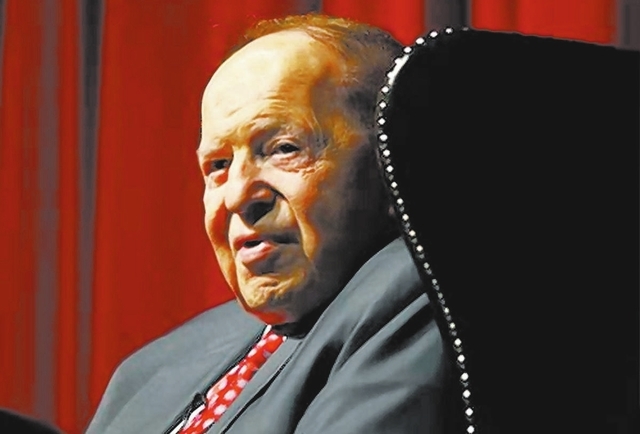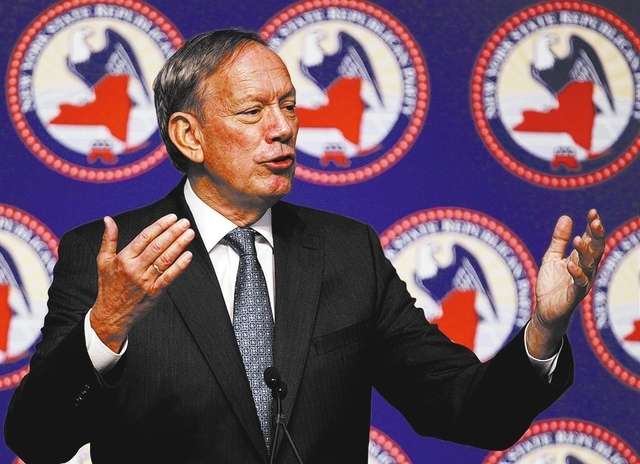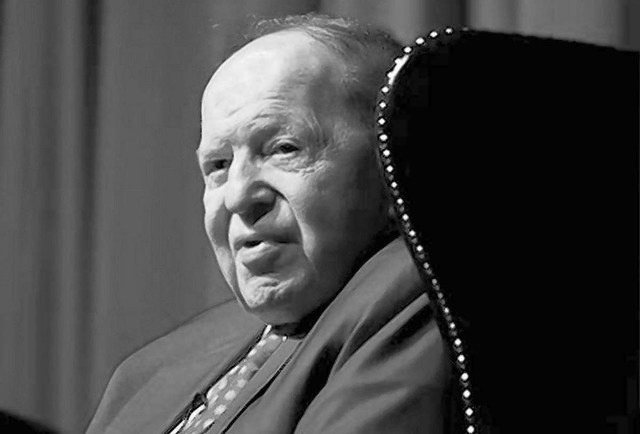Inside Gaming: Scorn troopers sow fear of Net bets




If there’s one thing we learned from last week’s telephone press conference by the Coalition to Stop Internet Gambling it’s that all five speakers “were honored” to be on the 45-minute call.
They said so, several times.
That, and Internet gambling is responsible for every ill known to mankind.
The paid representatives for the Washington, D.C.-based coalition — funded by Las Vegas Sands Corp. Chairman Sheldon Adelson — used scare tactics and hyperbole to make two key points: A “timeout” should be taken on Internet wagering expansion and Congress needs to restore a federal online gaming ban.
“Internet gambling expands like a disease,” former Denver Mayor Wellington Webb, a Democrat, said.
He expressed concern that people would become addicted to gambling from their living rooms and never leave the house.
“Jobs would be lost,” Webb said.
Retired U.S. Sen. Blanche Lincoln, R-Ark., worried the activity would destroy families. She said proponents of online gaming “want to put casinos in the pockets of children, 24/7.”
Meanwhile, former New York Gov. George Pataki, also a Republican, said national security is jeopardized by Internet gaming. Citing points from an FBI letter, he said criminals and terrorists could use the activity to launder money.
The coalition often leaves out the other part of the FBI message — that any financial transaction, including those at banks and land-based casinos, could become a conduit for money laundering.
But that doesn’t mean the emotional coalition wasn’t fervent in delivering the message that online gaming is bad public policy.
“This is not an America that we want,” said Alfonso Aguilar, executive director of the Latino Partnership for Conservative Principles, a division of the American Principles Project. He participated as representative of the 39 faith-based and conservative groups announced as new coalition members.
And yes, Aguilar was “honored” to be part of team.
This issue has split the gaming industry, although not in half.
MGM Resorts International, Caesars Entertainment Corp., Station Casinos, Boyd Gaming Corp. and other companies support Internet gaming expansion. They have the backing of the Washington, D.C.-based American Gaming Association and have formed their own organization — the Coalition for Consumer and Online Protection.
On the other side is Adelson, who has vowed to “spend whatever it takes” to kill Internet gaming. He funded the coalition and hired a slew a lobbyists now being dispatched state by state to quell any movement to legalize the activity.
Some smaller, stand-alone casino operators across the country worry that online gaming will damage their business. But they don’t have the financial resources of Adelson — worth $28.5 billion, according to Forbes — to fight the issue.
Nevada, New Jersey and Delaware are the only states with legalized Internet gaming. Gamblingcompliance.com reported 10 states are considering legislation that would allow or expand Internet gaming within their borders.
That means Adelson will be opening up his wallet.
“This is not a money issue with me,”Adelson told pundit Jon Ralston in an interview that appeared in Politico last week. “This is a moral issue. When I started to imagine what would happen with legalized Internet gaming, it scared the heck out of me … because of what’s it’s going to do to our society.”
Pataki, who spent 12 years as New York’s governor and heads a business development company, is as impassioned as Adelson. During the conference call, he criticized the Justice Department for its December 2011 determination that overturned the Federal Wire Act, allowing individual states to adopt Internet gaming.
“It was an interpretive ruling and that type of dramatic change should have had public debate,” Pataki said.
He brushed off a comparison of online gaming to New York’s lottery, which grew in size during his tenure as governor from 1995 to 2006. There is a dramatic difference, he said, between a lottery ticket and the Internet.
“Sitting at home at 3 in the morning and deciding to gamble online is dramatically different than going to a convenience store and spending $1, $2, or $5 on a lottery ticket,” Pataki said. “You can’t compare the two issues.”
After the call, Pataki raced to an appearance on CNBC to further push his anti-online gaming stance.
“It’s my interest to prevent online gambling from exploding across this country,” Pataki told host Sara Eisen. “I think it will have a tremendous impact on families. It will have a negative impact on jobs.”
The real question is if anyone is listening.
Capitol Hill shows no signs of acting on two bills that would legalize and federally regulate some forms of online gaming. A bill draft floating through the House of Representatives calling for a federal ban can’t find a sponsor.
The three states offering online wagering aren’t filling the drop boxes with revenue. New Jersey’s six online casinos produced just less than $9.5 million in January, far below analysts’ projections of $12 million to $15 million a month.
Unless other states legalize online gaming, the activity won’t be profitable.
That’s not stopping Adelson and his coalition from frightening the masses.
The group unleashed its first Web advertisement, an 80-second spot that highlighted the FBI’s warning of criminal networks using gambling websites for illegal acts.
The message was somewhat of a cross between the awful Ben Affleck-Justin Timberlake movie “Runner, Runner” and “Reefer Madness,” the ’30s-era propaganda film that melodramatically exploited the dangers of marijuana use.
“Reefer Madness” is a cult classic because of its absurdity, especially today as states move to legalize the drug for medical and recreational use.
Unless the coalition comes up with more than scare tactics, its arguments will be just as ineffective.
Howard Stutz’s Inside Gaming column appears Sundays. He can be reached at hstutz@reviewjournal.com or 702-477-3871. Follow @howardstutz on Twitter.












